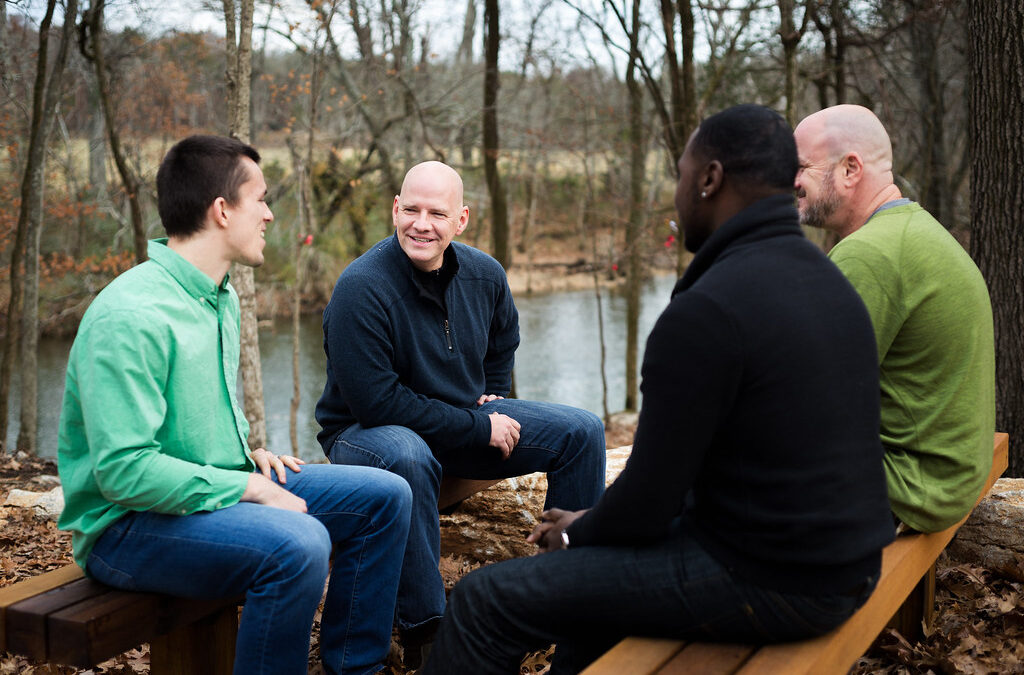Motor Neurone Disease (MND) is a progressive neurological condition that affects the brain and spinal cord. It causes muscle weakness that gets worse over months or years, and it significantly reduces life expectancy.
It’s not the only debilitating and cruel disorder that has no known cure, but what makes it unique is the dedication people have shown who are battling every day to live, and also those who support them by raising funds and completing research.
Stephen Hawking
One of the most notable, and arguably the individual to bring MND to the forefront of international conversation, is Stephen Hawking. Hawking was a trailblazer in determining that the beginnings of our planet were due to a Big Bang, and the intelligence he used to investigate astrophysics and cosmology was something some described as prophet-like.
But this intelligence didn’t stop Hawking from being diagnosed with early-onset MND at just 21 years old. At 43, he lost his voice from contracting life-threatening pneumonia, and used a computer program that allowed him to continue with delivering lectures.
Stephen Hawking’s relentless pursuit of academic excellence soon propelled him to global eminence, giving him a platform to campaign for protecting disability rights. He was awarded the Julius Edgar Lilienfeld Prize for his outstanding contribution to physics and lecturing to diverse audiences.
Interested in more pioneers in science? Read about Tim Friede: The walking anti-venom!
At his original diagnosis when he was 21, Hawking was given a life expectancy of two years. He lived for 55 years, the longest recorded time of anyone who has been diagnosed with the disease. He was 76 when he died in 2018.
Kevin Sinfield
A lesser-known battler of Motor Neurone Disease was Rob Burrow. Burrow was a professional Rugby League player before his diagnosis of MND when he was 39 years old.
Kevin Sinfield and Rob Burrow became great friends when they met at 14 and 12, through Leeds Rhinos Rugby League junior academy.
Sinfield felt helpless as he watched his best friend gradually slip away to MND, and that’s when he started raising money for Motor Neurone Disease charities.
He completed his first challenge in 2020, when he ran seven marathons in seven days in honour of the number seven that Burrow wore on his playing shirt.
Since then, SInfield has completed a new challenge every year and has raised over £11 million for MND charities.
Ammar Al-Chalabi
An even less familiar name to the general public is Ammar Al-Chalabi. He is a leading neurologist at King’s College London and he has transformed Motor Neurone Disease research through his groundbreaking discoveries in genetics. His identification of the C9orf72 gene mutation—the most common genetic cause of MND and related dementias—has revolutionized understanding of the disease’s origins. Al-Chalabi’s work has unveiled how genetic and environmental factors interact to trigger motor neuron degeneration, paving the way for targeted therapies. As co-director of the UK MND Research Institute, he continues to drive collaborative efforts worldwide, bringing hope for improved diagnostics and treatments to patients battling this devastating condition.
Although Al-Chalabi is not a household name, his revolutionary discoveries have earnt him multiple honours, including: the Forbes Norris Award from the International Alliance of ALS/MND Associations, the Healey Center International Prize for Innovation in ALS, the Sheila Essey Award from the American Academy of Neurology, and Fellowship of the UK Academy of Medical Sciences.
The pioneering efforts each of these men have made for motor neuron disease have demonstrated that MND is not incurable, but just underfunded. In 2021, the UK government pledged £50 million to Motor Neurone Disease research over the next five to seven years. By 2023, £35 million (around three quarters of the pledged sum) had been delivered to MND projects across the UK.



